Monday January 27 is the 75th anniversary of the liberation of the Nazi concentration camp at Auschwitz. Here, a Holocaust survivor shares her story with Michael Alexander.
It’s more than 75 years since Czechoslovakian-born Jew Iby Knill spent her last night in Auschwitz.
But the now 96-year-old grandmother will never forget the promise she made to a dying teenager that inspires her to tell the world about the Holocaust to this day.
Iby was just 20 years-old when she was rounded up with hundreds of other ‘illegal immigrants’ after the German invasion of Hungary during the Second World War and sent to the “gates of hell”.
On June 12, 1944, after being interned in a refugee camp as a “political prisoner” for assisting efforts to smuggle others out of the country, she and hundreds of Hungarian Jews were rounded up, packed onto cattle trucks without food, water, or air and sent on a five-day journey to Auschwitz – the Nazi death camp near Kraków in German-occupied Poland.
When they arrived, men in striped pyjamas opened the doors and told them to leave the sick, the old and the children. Men and women were separated. Many were consigned straight to the gas chambers.
Iby and four other women – two of them doctors – linked arms and moved past the “Angel of Death” – Nazi SS officer Josef Mengele, a doctor who conducted cruel experiments on prisoners.
They were told to strip, had their hair shaved off all over their bodies and were pushed into showers.
Normal practice at this stage included the registration and tattooing of each persons’ identity number on their left arm. But there were so many new arrivals that the ink ran out and Iby was not tattooed.
With 250 women crammed into each wooden hut “like spoons”, a degrading existence followed.
Three times a day, inmates were forced to strip and hold their clothes above their heads for three or four hours whilst being counted. If they swayed or stumbled they were taken away and never seen again. Anyone who took ill was taken to the hospital hut and usually then to the gas chambers.
Worse than the hunger was the thirst. It was summer and there was no water at all. Iby remembers a German soldier standing on and killing a baby.
Knowing that they faced certain death, Iby only managed to survive thanks to “individual kindnesses” before volunteering to join a slave labour transport to another camp – eventually being liberated from that camp in April 1945 before marrying a British Army major and settling in Britain.
Today, Iby, now 96 and living in Leeds, Yorkshire, devotes her life to speaking to young people about her six weeks in Auschwitz.
But in an interview with The Courier to mark the 75th anniversary of the liberation of Auschwitz by the Soviets on January 27, 1945, she revealed it took her almost 60 years to ‘come out’ as a Holocaust survivor.
“The funny thing is that after I came to England in 1947 nobody knew about my background,” the grandmother said.
“I had a career in the Home office department of education. My husband who I met in Germany knew but didn’t talk about it. My children didn’t know about it until I was in my 60s.
“It wasn’t until I took a masters course at Leeds University in theology and religious studies and we were discussing whether the Holocaust was a result of evil or sin.
“The tutor said that ‘only a person who was there could answer that question’. I responded simply with ‘I was there’.”
In a moving testament she described, for the first time, the realisation that she faced being gassed like six million others who were murdered in the Holocaust.
Remembering her terrible last night at Auschwitz and a promise she made to a dying teenager, she said: “A young frail twin crawled over to me in the hut. They had earlier seen their parents enter the gas chamber and they were both being used in experiments. ‘Once they have finished, they will send us to the gas chamber,’ she told me. ‘Remember what you have seen and tell the world, because we will not be able to’.
“Of course I said yes, but after the war was over it didn’t seem right to talk about what had happened.”
Iby, who has since spoken to young people in the Fife and Perth areas, said she now speaks about her experiences like a “third person”.
“I detach myself from it because it’s the only way you can cope with it,” she said, adding that her story had been turned into a film The Woman Without a Number and her book has now been reprinted 11 times.
Incredibly, Iby’s mother Irene and brother Tomas survived the war, and returned to their home, but sadly her father was gassed at Auschwitz on October 28, 1944, just before the Germans destroyed the crematorium and gas chamber.
Olivia Marks-Woldman, chief executive of the Holocaust Memorial Day Trust said: “Every year fewer and fewer Holocaust survivors remain with us, but their first-hand experiences remain as important as ever. These stories are a stark reminder of what can happen when communities are deliberately fractured.
“Holocaust Memorial Day, on January 27 is an opportunity for people to reflect on the six million Jews who were murdered in the Holocaust, as well as the millions of people killed under Nazi persecution and in more recent genocides.
“This year, the theme for Holocaust Memorial Day asks people to stand together, in a world which feels increasingly divided.
“At more than 10,000 activities taking place across the UK, people will be standing together and learning from genocide, for a better future.”
- Here, a Polish born Jew who hid from Nazi storm troopers in a hole dug beneath the wardrobe of her family home during the Second World War blames Brexit for “dividing people” and a rise of “anti-immigrant” sentiments in parts of Britain since 2016.
- Here, a Dundee schoolgirl with a passion for equal rights tells how she discovered that one of her relatives had been interred in Auschwitz just days before she made an educational trip to the former Nazi concentration camp in Poland.
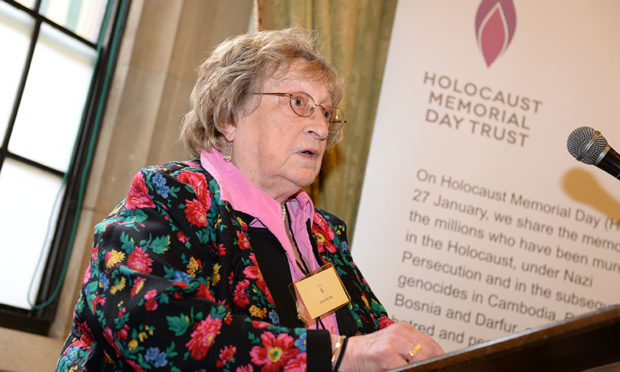
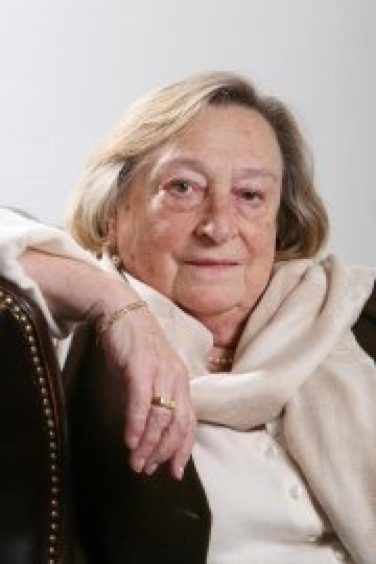
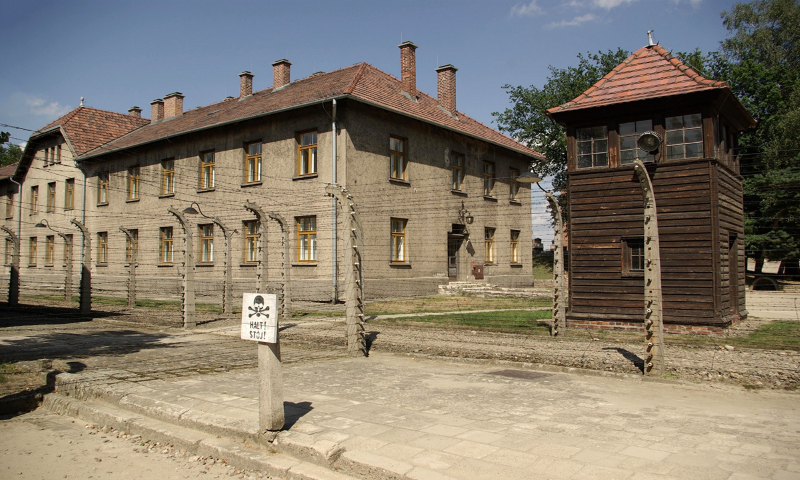




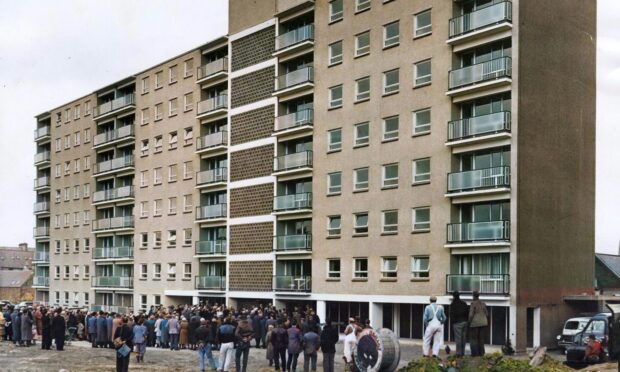
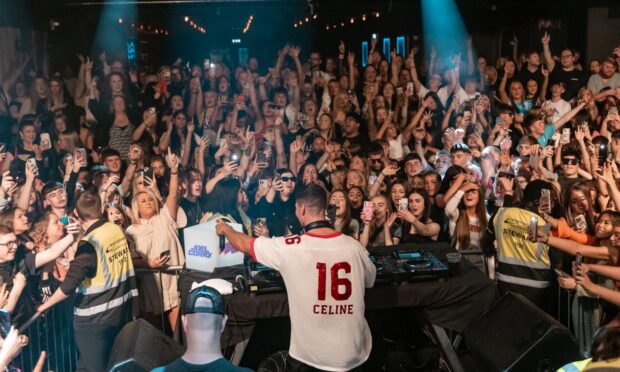
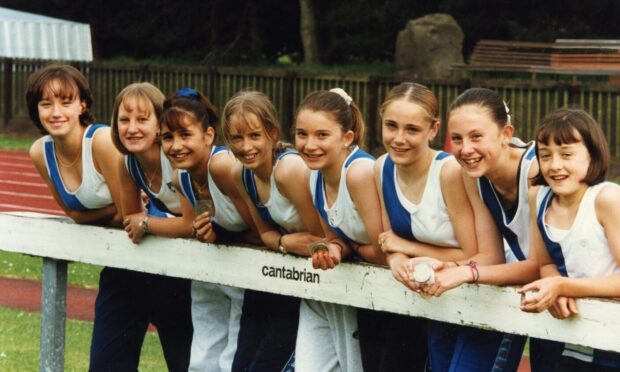

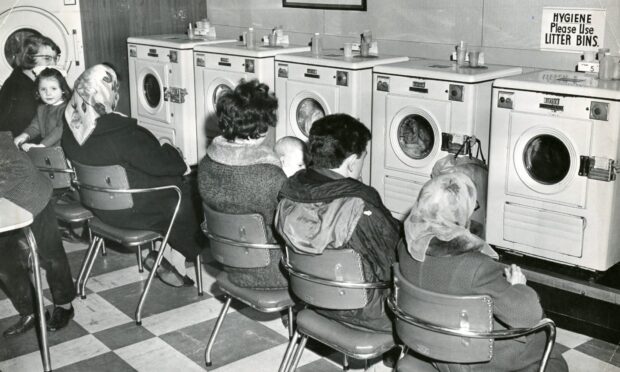
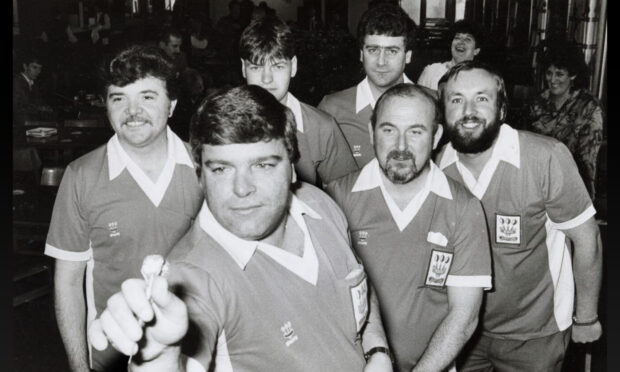
Conversation